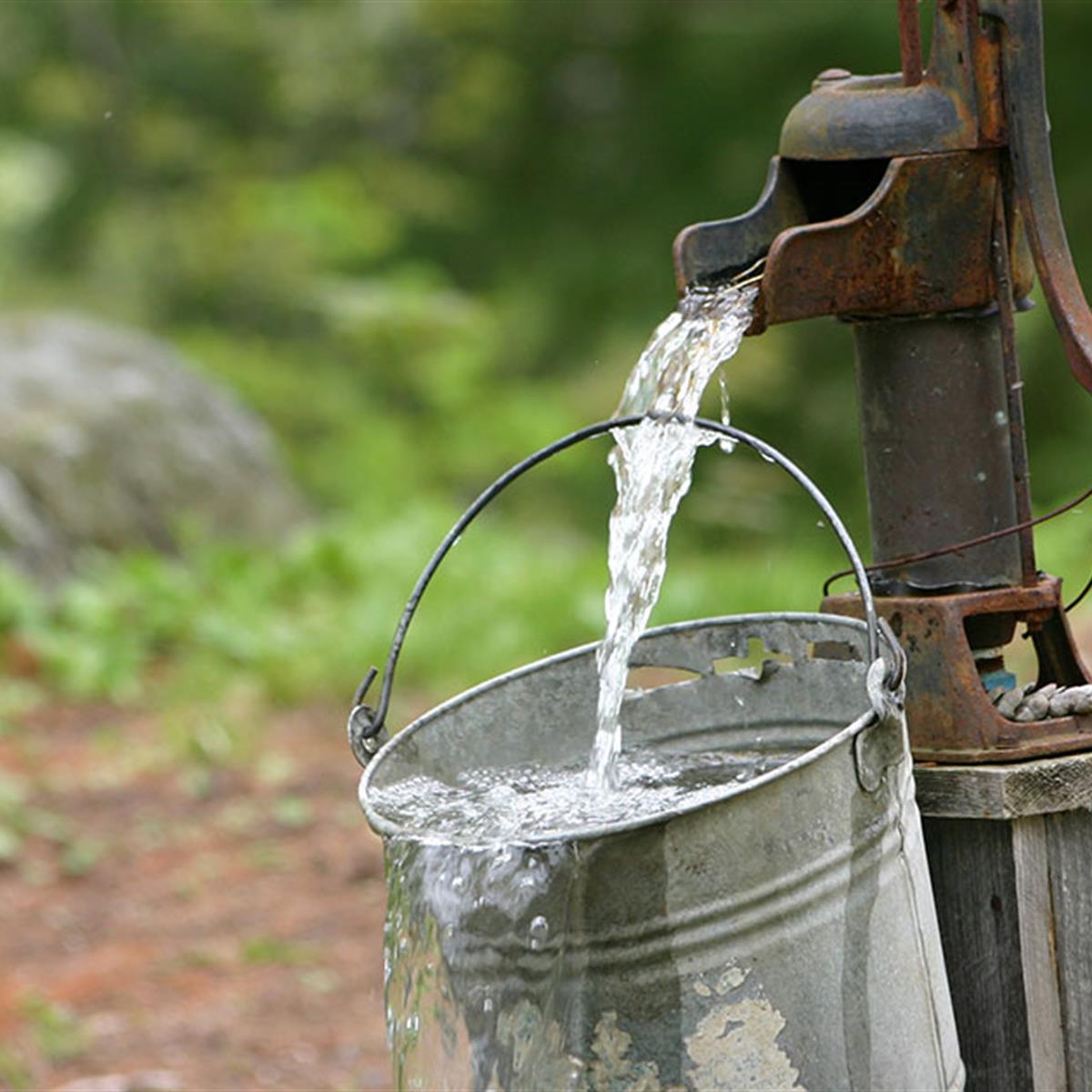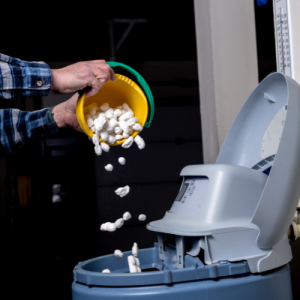
If your property depends on well water, you might find your water appears orange, smells bad, or tastes metallic. This could be a sign you have iron in your water. Here we explain the hard truths of iron in well water and the possible damage it can cause to your home.
WHY IS IRON IN MY WELL WATER?
Seepage and corrosion are the two most common ways iron gets into well water. When water from the surface pools from rain and snowmelt, it goes into the soil and seeps into your well. As this happens, the water can carry iron found in the soil into your water. Rust in the iron casings and pipes leading to your well can also corrode the pipes. As water travels through them, it can carry rust flakes into your water supply.
FERRIC AND FERROUS IRON
Two types of iron can occur in your well water:
- Ferric Iron: Also known as “Red-Water Iron” ferric iron creates an orange tinge to water. In this case, the iron is exposed to oxygen, so it oxidizes to form rust. Hence its nickname. When you see discoloration in your water you should always have it tested.
- Ferrous Iron: Also known as “Clear-Water Iron” this iron is invisible because it is water-soluble and dissolves in water. This iron is more common in deeper water sources or wells.
Although iron might ruin the taste and appearance of your water, it is not likely to cause health issues, but it can cause damage throughout your home from plumbing to major appliances.
IRON AND HEALTH
Iron is required for proper function. Drinking iron in your water won’t be harmful to your health, but iron bacteria can make you sick. These microscopic organisms create iron waste in pipes and harbor dangerous bacteria and organisms that can increase the risk for infections or disease. Where you are more likely to experience issues from drinking too much iron water is in the appearance of your hair and skin.
People can experience discoloration of the hair when high levels of iron and other minerals absorb into the hair. It also causes brittleness and can produce a metallic smell. If your hair is blond, you can actually develop an orange hue to your hair while darker hair colors develop rusty highlights. For skin, the cells become damaged which can cause wrinkles. Also, pores can become clogged as iron in water can create soap residue which is harder to rinse off. Clogged pores can cause acne or rashes like eczema.
IRON STAINS
You might also see staining of your clothes laundered using the water as well as your bathtub, toilet, sinks, and dishes. These stains are close to impossible to remove and range from yellow to red to an unsightly brown. This can be embarrassing as it makes your home feel unsanitary. Even though you know you’ve tried to remove these stains, they make your bathrooms appear filthy.
PLUMBING AND APPLIANCE DAMAGE
Iron in your well water can lead to costly damage to your plumbing as well as anything that comes into contact with the water often. This is because rusty particles and flaked iron can stagnate and accumulate in your pipes. Damage can occur to major appliances like your washing machine or dishwasher, small appliances such as water picks for dental care or kettles and coffee makers. Even your sprinkler or irrigation systems can be damaged by iron in your well water.
FOUL TASTE AND SMELL
Iron can create a foul taste and smell in your water. Even worse, if you cook using your well water, you can ruin the taste of your food. Your morning cup of coffee or tea won’t be as enjoyable, and most people will be too turned off by the smell and discoloration to feel safe drinking water from your tap.
TESTING FOR IRON
Your local Lehigh Valley, PA technicians at Lehigh Valley Water Systems can provide safe, accurate testing for your well water. Although iron isn’t considered hazardous, it is considered a Secondary Drinking Water Contaminant by the EPA.
Acceptable levels of iron are a maximum contaminant level of 0.3 mg/L. Well water testing is very important, as iron isn’t the only possible contaminant. You can arrange for testing on a regular basis to avoid illness as well as the possible damage caused by iron and other contaminants.
Call Lehigh Valley Water Systems today to confirm your water is safe.




